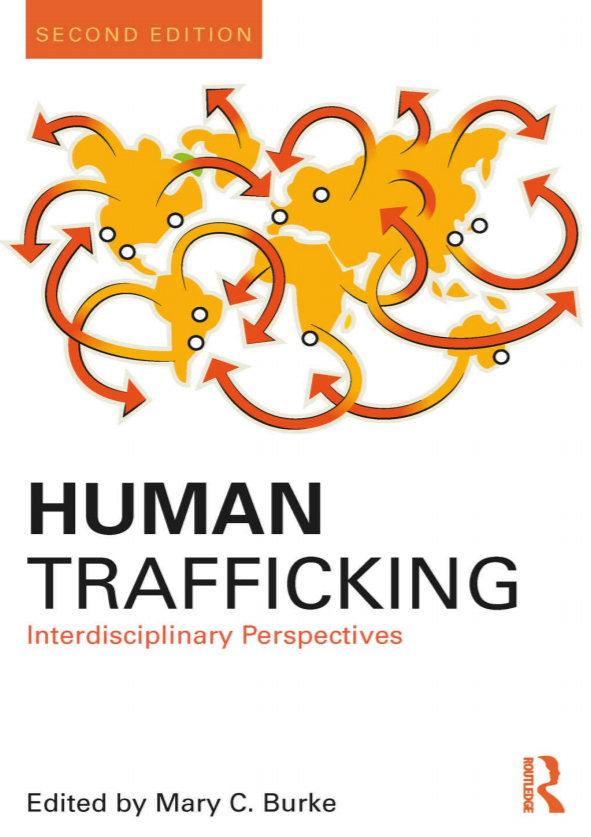Sexual and Gender-Based Violence Against Refugee Women: A Hidden Aspect of the Refugee "Crisis"

The current refugee “crisis” in Europe has created multiple forms of vulnerability and insecurity for refugee women including various forms of sexual and gender-based violence. Increasing numbers of women, either alone or with family, are attempting to reach Europe to seek protection from conflict and violence in their countries, but these women are subject to violence during their journey and/or on arrival in a destination country. The lack of adequate accommodation or reception facilities for refugees and migrants in Europe, as well as the closure of borders which has increased the need for smugglers to help them reach Europe, acts to exacerbate the violence and insecurity.
Country
Worldwide
Region
Worldwide
Year
2016
Topics
Category





